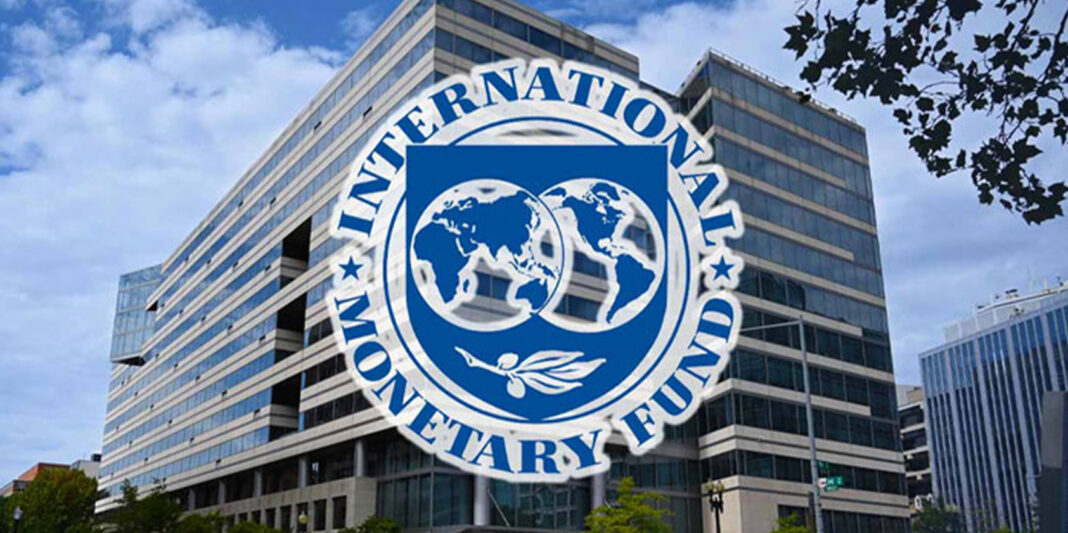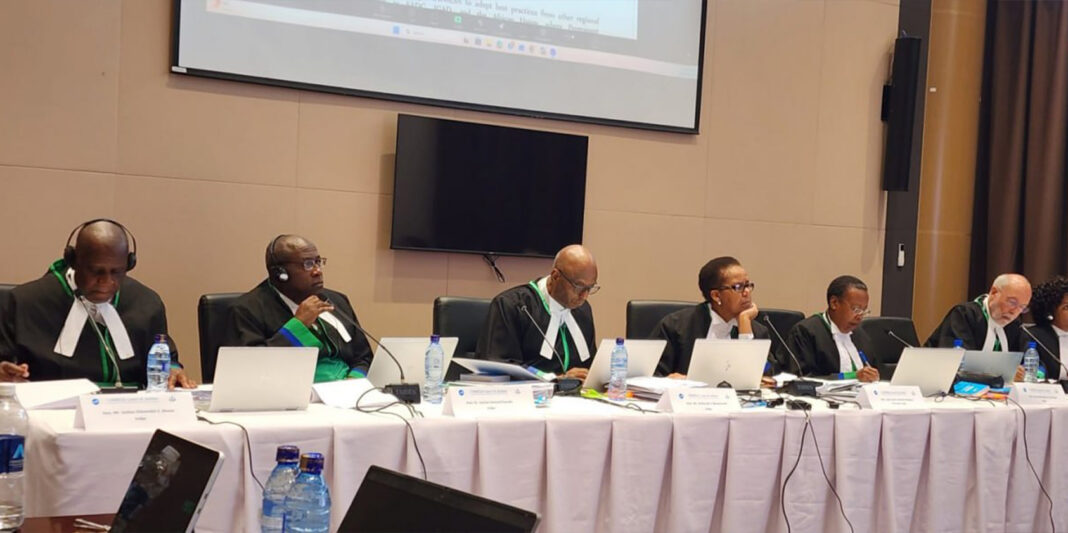An International Monetary Fund (IMF) delegation is currently in Ethiopia to conduct the crucial fourth review of the country’s Extended Credit Facility (ECF) program, which serves as a key benchmark for the nation’s economic reform agenda.
Led by Alvaros Piris, the delegation has been in Ethiopia since late October, overseeing the ECF program that Ethiopia initiated approximately a year and a half ago.
During their visit, the delegation has met with officials from various government offices and engaged with key economic stakeholders and entities.
A meeting with officials from financial institutions, including the state-owned Commercial Bank of Ethiopia, was also part of their itinerary. This bank is undergoing its own reforms as part of a broader macroeconomic initiative launched in July 2024.
Sources indicate that these meetings are a continuation of discussions held during the IMF and World Bank annual meeting in Washington D.C. last month.
The Ethiopian government is reportedly seeking additional support from international partners, separate from the four-year, $3.4 billion ECF arrangement approved in July 2024, which is currently being disbursed.
This program aims to support Ethiopia’s economic reforms, addressing macroeconomic imbalances, improving stability, and indirectly alleviating foreign currency shortages while boosting reserves.
According to IMF documentation, the fourth review will assess Ethiopia’s progress against specific quantitative performance criteria and structural benchmarks, including targets for net international reserves set for the end of June 2025.
Experts note that this review coincides with several advancing reform processes, particularly debt restructuring negotiations with both official creditors and private bondholders, which are nearing finalization.
They also highlight challenges arising from the fluctuating gap between official and parallel market exchange rates.
In response, the government has been intensively working over the past few weeks to dismantle illegal market activities, including illicit remittance networks and the illegal gold trade.
However, some traders monitoring the market report a decrease in foreign currency availability at commercial banks, which they suggest could be seasonal or related to banks’ business dealings with the Ethiopian Petroleum Supply Enterprise.
Banks prefer to work with the Enterprise because it offers local currency in exchange for foreign currency, leveraging its ample liquidity.
Additionally, experts note that this period marks the beginning of the harvest season for upcoming exports.
Upon the successful completion of this fourth review, Ethiopia will be eligible to draw an additional SDR 191.7 million (approximately US$262.3 million) from the IMF.







